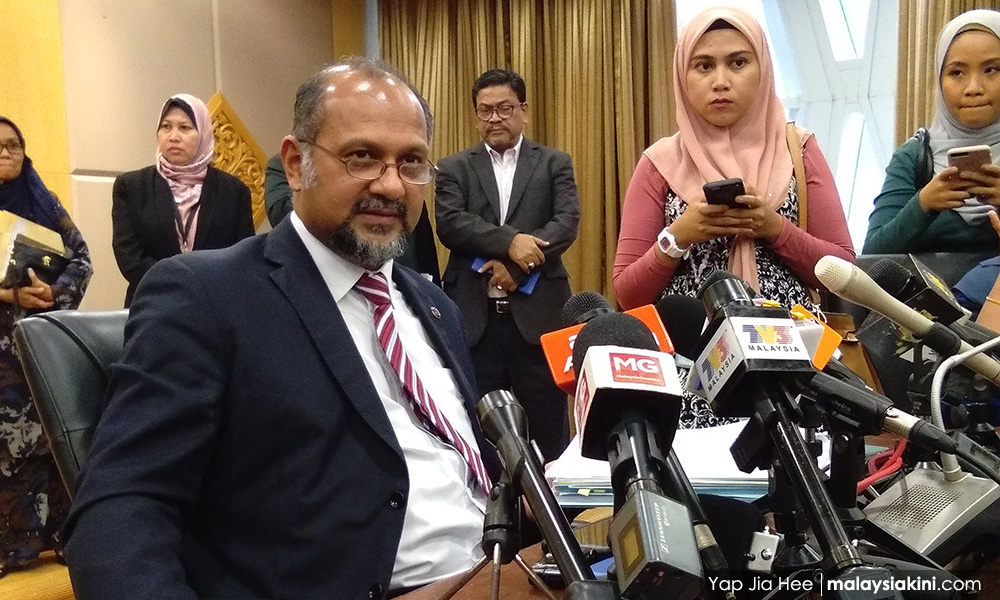COMMENT | Ever since the astonishing results of the 14th General Election in Malaysia, I have felt a strong sense of déjà vu. I was in Jakarta working as a Fulbright professor on May 21, 1998, the day that Suharto was forced to step down after 32 years of authoritarian rule. On May 9, 2018, I was on the other side of the world in Washington DC, but I was still able to follow the results live on Malaysiakini.
In some ways, the Malaysian election was an even more remarkable achievement than what I’d witnessed in Indonesia 20 years earlier. A change of government, after more than 60 years of one-party rule, and not one drop of bloodshed! But now the hard work begins. As happy as I was at the outcome of the election, I was also worried. Will Malaysia take the steps necessary to secure the most important reform of all - freedom of the press?
If I have learned one thing from following press developments in Indonesia and Malaysia for the past 20 years, it is this: all reforms follow from press freedom, and journalists themselves must take the lead in demanding it. If anything secured the transition to democracy in Indonesia, it was the 1999 Press Law, which was drafted and passed largely because of how journalists kept up the pressure on the new government.
So far, the new Pakatan Harapan government has been saying the right things about freedom of the press. Even before the election, PKR president Wan Azizah Wan Ismail promised that if the coalition won, it would review all laws and regulations restricting the media. DAP secretary-general Lim Guan Eng likewise guaranteed that Harapan would “set up a media council comprising media figures, which will be responsible for developing and implementing a code of ethics on reporting and act as an ombudsman for public complaints.”
It is encouraging to see that new Communications and Multimedia Minister Gobind Singh Deo (photo) has said that the government will create a media council, and heartening that media organisations such as the National Union of Journalists (NUJ) have reminded Harapan that it needs to keep its word.

The Centre for Independent Journalism (CIJ) and Institute of Journalists Malaysia (IOJ) have also spoken up, chiding the new prime minister that it is not enough to “redefine” the Anti-Fake-News Bill, but that it must be repealed altogether - along with other laws that repress media freedom, including the Sedition Act and the Printing Presses and Publications Act.
These are all good signs, but journalists need to do more than issue statements. As the IOJ itself has pointed out, “While we laud the swift move by the new government to reiterate its commitment for press freedom and also push for the formation of a media council, we would like to remind and urge the ministry that any such proposal should be drawn up with active consultation with the stakeholders, including media groups.”
The day after Suharto’s fall
It has always been obvious to Indonesian journalists that most of what Indonesia has achieved since the fall of Suharto would not have been possible without a free press.
Journalists have informed the public of the content of repressive draft laws. They have uncovered scandals, reported on the theft of public money, and fact-checked what is said by politicians and candidates for public office. They have published details of crimes committed by those who were previously untouchable – even Tommy Suharto, who in 2002 was convicted of masterminding the murder of the judge who had sentenced him to prison for corruption.
But how was all of this achieved? Beginning with the resignation of Suharto in May 1998, Indonesian journalists wasted no time in pressing the new government for...

